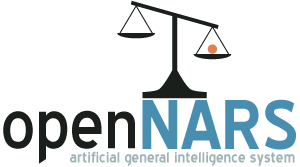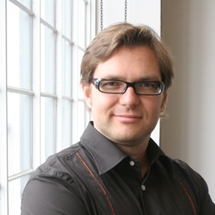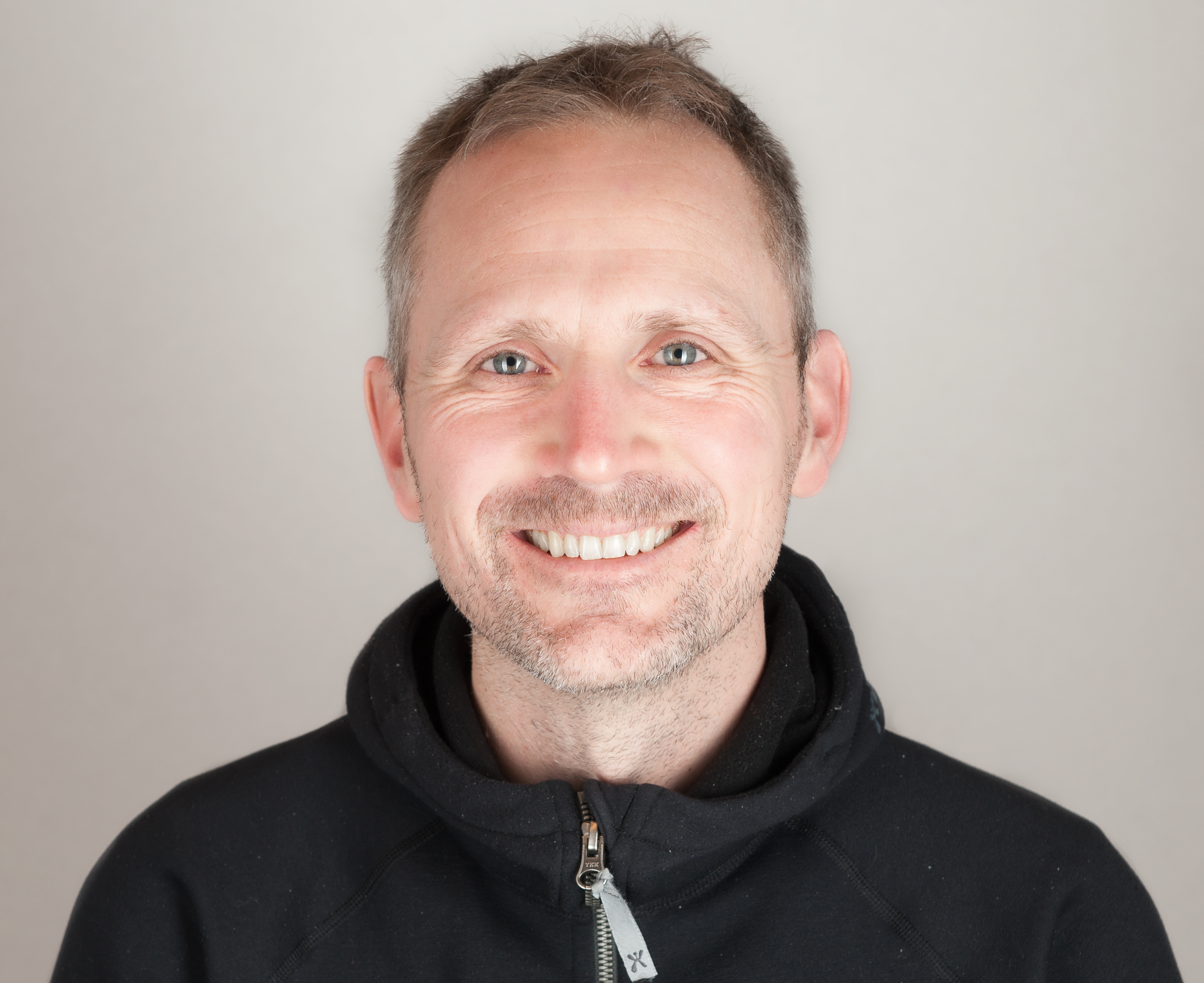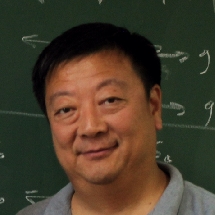With notable progress in recent years, the AGI-oriented NARS (Non-Axiomatic Reasoning System) has been attracting increasing interest from researchers and students from around the world. Built on top of its open-source implementation OpenNARS, several NARS-based and NARS-related projects have been undertaken and are currently under development. To encourage communication and collaboration among the researchers, as well as to introduce these projects to the AGI community, a NARS Workshop will be held during AGI-20 as an integrated part within conference.
Because of the difficult epidemiology situation caused by COVID-19, the workshop will be a one-day virtual event (Jun 23), it will start with a tutorial that introduces the conceptual design and current implementations of NARS, followed by presentations and discussions of the existing projects. The workshop concludes with a panel discussion about future research. The workshop will be open to all AGI-20 attendees. Additional demonstrations and tutorials may be arranged on a case-by-case manner for those wishing to learn more about the project.

Key Information:
- When:
- June 23 (Virtual Online Event)
- Where:
- AGI-2020, St. Petersburg, Russia







